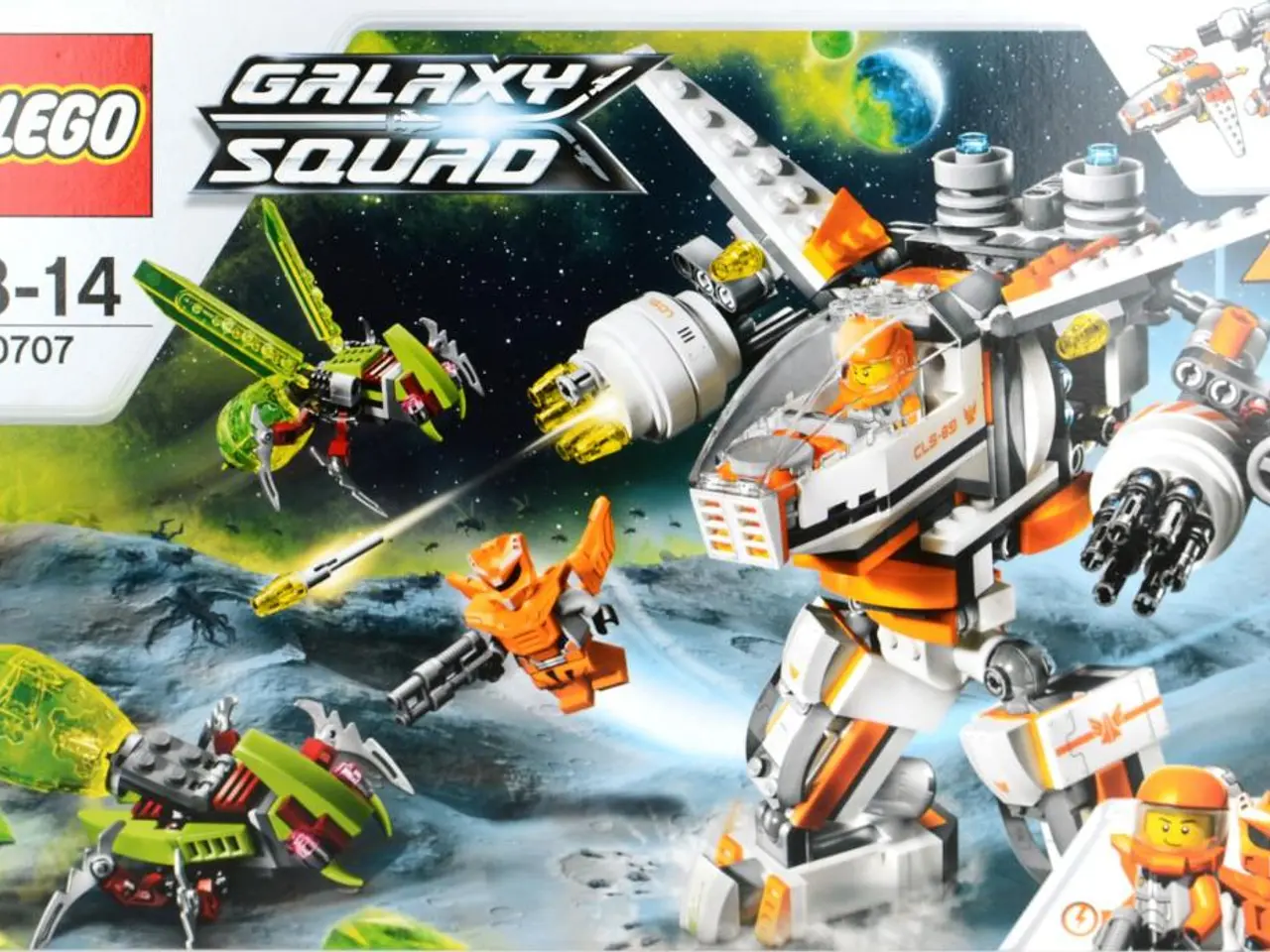AI innovation duo IRCAI and Zindi, in cooperation with Amazon Web Services, declare winners of their AI for Equity Challenge
The International Research Centre on Artificial Intelligence under the auspices of UNESCO (IRCAI) recently concluded the AI for Equity Challenge, a six-month global virtual tournament designed to develop AI solutions for human health issues exacerbated by the climate crisis.
The challenge, organised in collaboration with the Amazon Sustainability Data Initiative (ASDI), the data science platform Zindi, and supported by the NAIXUS network of excellence, attracted a diverse array of participants from across the globe. The competition focused on equitable futures at the intersection of Sustainable Development Goals 3 (Good Health and Well-being), 5 (Gender Equality), and 13 (Climate Action).
In the first round, organisations working on intersections of climate action, gender, and health were invited to submit AI challenges. The Kuyesera AI Lab at Malawi University and the Sokoine University of Agriculture (SUA) in Tanzania were selected to present their challenges.
The second round saw 1,300 AI practitioners from 90 countries compete virtually on Zindi over two months, contributing over 63,000 hours to build AI models addressing the challenges posed by the selected organisations. The winner was Mark Landry from the USA, who utilised vision large models (VLMs) to detect damaged infrastructure for disaster relief efforts.
The collaboration integrated cloud computing and AI expertise from Amazon Web Services, cutting-edge AI research driven by IRCAI, extensive data support through ASDI, and engagement with African academic institutions via NAIXUS.
Yisak Berhanu from Ethiopia, who used simple LightGBM models with clever data aggregations to predict waterborne diseases in Tanzania, won the SUA Outsmarting Outbreaks Challenge. Yisak expressed readiness to collaborate with health organisations in Tanzania to implement his model.
Davor Orlic, COO at IRCAI, expressed pride in the winners of the AI for Equity Challenge, highlighting the transformative power of AI demonstrated by the winners. He also emphasised that the initiative underscores the importance of global collaboration in tackling climate-related health crises, aligning with UNESCO’s mission to promote equitable and ethical AI development worldwide.
This initiative serves as a shining example of a powerful global collaboration aimed at using AI responsibly and inclusively to tackle climate-related health crises. The AI for Equity Challenge showcased the vital role of collaboration in addressing global challenges, paving the way for future AI-driven solutions to address pressing issues in Africa and beyond.
[1] Source: IRCAI press release, 1st April 2023 [3] Source: UNESCO mission statement on AI ethics and inclusivity, 2021
- The International Research Centre on Artificial Intelligence (IRCAI) under UNESCO utilised cutting-edge AI research, cloud computing expertise from Amazon Web Services, and extensive data support through the Amazon Sustainability Data Initiative (ASDI) for the AI for Equity Challenge.
- The winner of the SUA Outsmarting Outbreaks Challenge, Yisak Berhanu from Ethiopia, demonstrated the transformative power of AI in predicting waterborne diseases, expressing readiness to collaborate with health organisations in Tanzania.
- The initiative also highlighted the importance of global collaboration in tackling climate-related health crises, aligning with UNESCO’s mission to promote equitable and ethical AI development worldwide.
- The competition integrated innovation in technology by attracting a diverse array of participants from across the globe, focusing on equitable futures at the intersection of Sustainable Development Goals 3, 5, and 13.
- Mark Landry from the USA, who utilised artificial-intelligence (AI) technology in the form of vision large models (VLMs) to detect damaged infrastructure for disaster relief efforts, won the overall AI for Equity Challenge.




